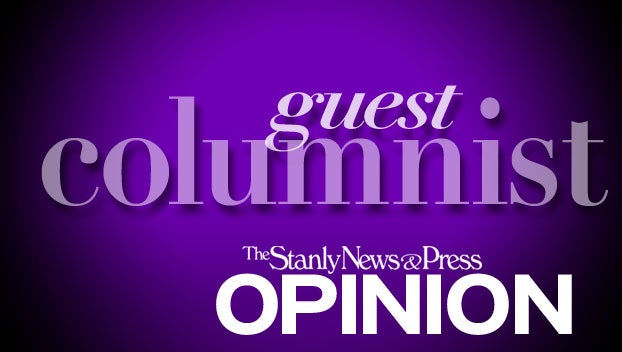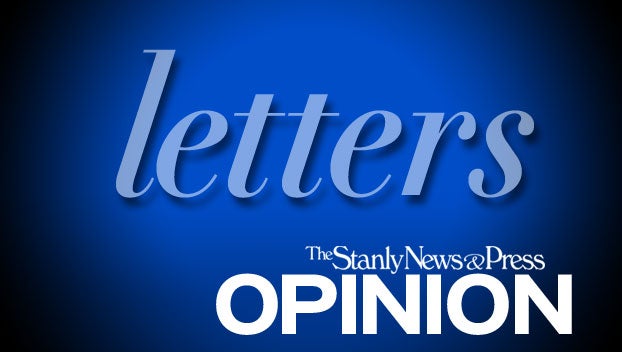JOHN HOOD COLUMN: Economic freedom is a shock absorber
Published 6:54 pm Friday, December 9, 2022
|
Getting your Trinity Audio player ready...
|
RALEIGH — In a normal market, creditors demand higher interest from borrowers to whom they lend money for longer periods of time. That’s because these creditors are assuming more risk that they won’t be paid, and because a dollar of interest received tomorrow is usually more valuable than a dollar of interest received years from now.

John Hood
What about abnormal markets, though? When creditors get pessimistic about the current economy, they tend to move their money to longer-term bonds — which drives up the price of those bonds, thus driving down the yield. Drive it down far enough, and you have an “inverted yield curve,” which is historically one of the best predictors of a recession.
Alas, as of Nov. 30, the yield on a 10-year Treasury note was running 0.78 points below the yield on a two-year note. That was the largest inversion of the yield curve since 1981. In other words, buckle up: perhaps we won’t have a major recession in early 2023, but I wouldn’t bet on it.
As I’ve observed in the past, North Carolina’s state government is far better prepared today for a possible recession than ever before in modern history. Through prudent budgeting, the General Assembly has built up nearly $9 billion in rainy-day funds, unreserved credit balances, and other reserves. Even if revenue collections take a major hit next year, lawmakers will be able to maintain core public services without raising taxes.
That’s not the only way our leaders have hedged against recession risk, however. After all, we aren’t just worried about government finances and public employees. A major economic downturn would wreak havoc on private finances and employment, and it would be neither wise nor feasible for the state to attempt to build up enough reserves during good times to bail out companies and households during bad times.
What lawmakers can do — and what North Carolina lawmakers have done — is enact public policies that make the private economy more resilient. These include fiscal and regulatory measures that make it easier for enterprises and individuals to respond quickly to changing conditions.
Economic freedom can be, in other words, a kind of “shock absorber” during recessions. That’s what Texas Tech economists Justin Callais and Jamie Bologna Pavlik found in a study just published in the journal Economics of Governance. Using data from the years 2002 to 2012, they found that metropolitan areas with higher economic-freedom scores tended to experience lower unemployment, higher job creation, and higher income growth than less-free places did.
More to the point, Callais and Pavlik found that when the Great Recession hit in 2007-08, the metros that had improved their economic-freedom scores during the prior five years recovered more quickly from the recession than did otherwise-comparable metros. “Our results suggest that economic freedom can play a significant role in mitigating the impact of economic crises,” they concluded.
A few weeks ago, the Fraser Institute released its latest Economic Freedom of North America rankings. For the first time in decades, North Carolina made it to the top 10 in the index, which combines measures of government spending, taxes, and regulatory burdens. Specifically, our state ranked 9th. As recently as 2013, North Carolina ranked 22nd.
That our economy has gotten freer is no accident. Since 2013, the General Assembly has reformed our tax code and reduced marginal rates. By expanding the state budget no faster than a combination of population growth and inflation, lawmakers effectively reduced government spending as a share of GDP. And by enacting a series of regulatory-reform bills, the General Assembly lightened the load on big and small businesses alike.
Which state economies are even freer than ours? Florida, New Hampshire, South Dakota, Tennessee, and Texas top the list. The states with the lowest scores on the Fraser Institute index are New York, California, Hawaii, Vermont and Oregon.
State governments can’t wall their economies off from the rest of the country. But they can soften the blow of possible downturns. Ours has.
John Hood is a John Locke Foundation board member.



